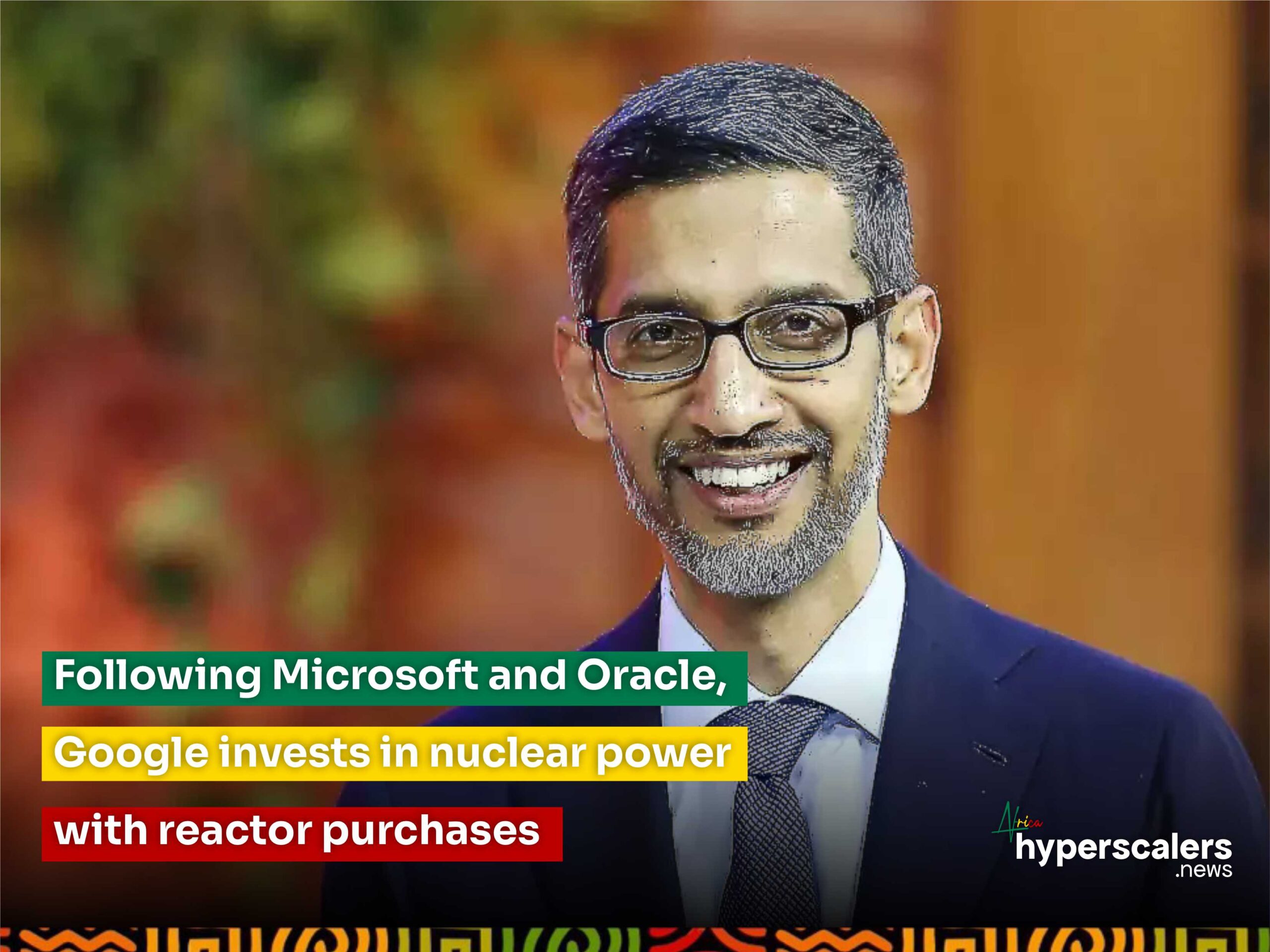Google is making a bold move toward carbon-free energy as it plans to power its U.S. data centers with small nuclear reactors by 2030. This initiative is part of the tech giant’s broader push to meet its ambitious net-zero emissions targets while supporting its growing infrastructure needs, especially with the increasing demand for AI services.
Michael Terrell, Google’s Senior Director for Energy and Climate, explained the significance of the project, saying that these reactors will provide 24/7 carbon-free power to U.S. electricity grids and “help more communities benefit from clean and affordable nuclear power.”
The partnership with Kairos Power will see the development, construction, and operation of small-scale nuclear reactors, which will provide energy and “ancillary services” for Google’s data centers in the U.S. The first reactors are expected to be operational by 2030, with further deployments through 2035.
Kairos Power’s technology uses TRi-structural ISOtropic (TRISO) fuel, a combination of uranium, carbon, and oxygen. This fuel is formed into small “pebbles” about the size of snooker balls. These pebbles work alongside a low-pressure fluoride salt coolant to create a steam cycle that converts the heat from nuclear fission into electricity. The result is a safer, more efficient way to provide carbon-free energy, ideal for powering data centers.
Terrell emphasized that the agreement with Kairos Power is key to Google’s energy goals, saying, “This agreement is a key part of our effort to commercialize and scale the advanced energy technologies we need to reach our net zero and 24/7 carbon-free energy goals.”
This venture into nuclear power is Google’s first, though the company has previously experimented with other innovative energy solutions. Last November, Google partnered with Fervo Energy to use geothermal power for its Nevada data centers, supplying clean electricity to the local grid. The collaboration with Kairos Power, however, marks a significant step into nuclear energy, providing a scalable solution for Google’s growing energy needs.
Mike Laufer, co-founder and CEO of Kairos Power, praised the partnership, saying, “Our partnership with Google will enable Kairos Power to quickly advance down the learning curve as we drive toward cost and schedule certainty for our commercial product. By coming alongside in the development phase, Google is more than just a customer. They are a partner who deeply understands our innovative approach and the potential it can deliver.”
As Google expands its data center footprint globally, with new sites in places like Thailand, South Carolina, and Uruguay, its need for reliable, clean energy solutions is greater than ever. The push for nuclear power is part of a broader trend in the tech industry. Microsoft, for instance, has also moved into the nuclear space, recently securing access to the Three Mile Island nuclear site to power its own data centers, while Oracle is reportedly building a gigawatt-scale data center powered by small modular nuclear reactors (SMRs).
With Google and other major tech companies leading the way, the future of data centers looks to be powered by innovative, carbon-free energy sources like nuclear power, marking a significant shift toward sustainability in the tech industry.





